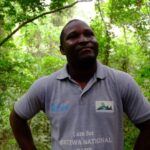The Youth Employment Agency (YEA) is recruiting 15,000 unemployed Ghanaian youth nationwide as Community Protection Assistants (CPAs) in close collaboration with the Ghana Police Service.
This is in pursuance of the Agency’s mandate to create jobs for the unemployed youth of the country, as well as, assist the Ghana Police Service in preventive and social community policing.
The CEO of YEA, Kofi Baah Agyepong, who is championing an agenda to make the agency the base of employment among all sectors of the economy, believes that empowering young people, through the creation of stop-gap measures, promotion of skills training and entrepreneurship is a major means of reducing unemployment while ensuring economic growth.
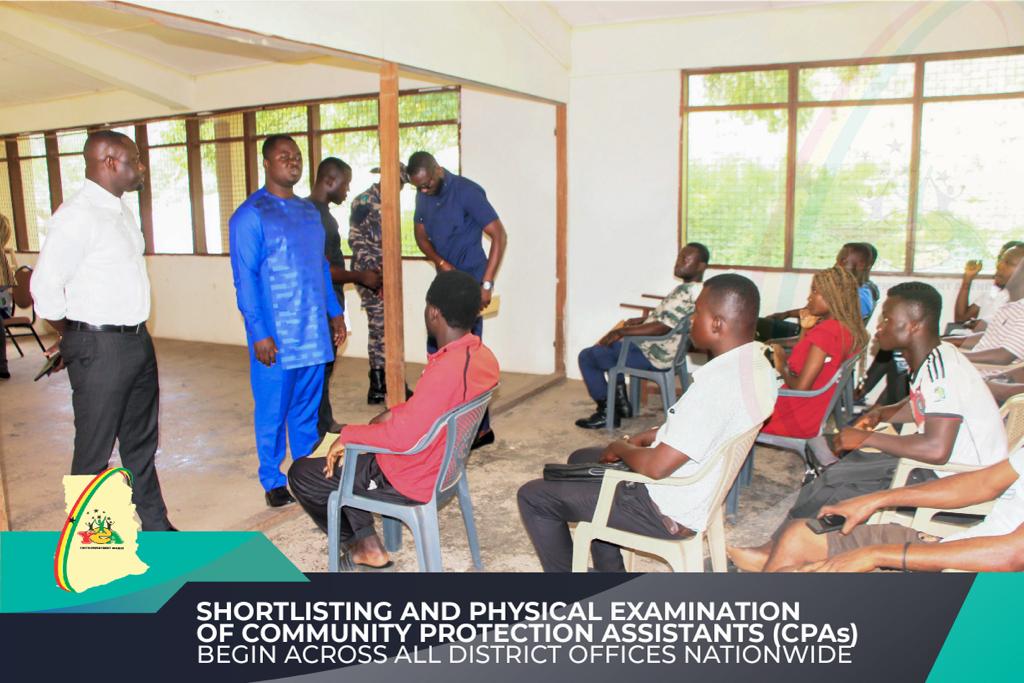
On Wednesday, October 26, 2022, the agency began a physical examination exercise across all the district offices of the country as part of a process to shortlist the first batch of 5000 applicants into the module.
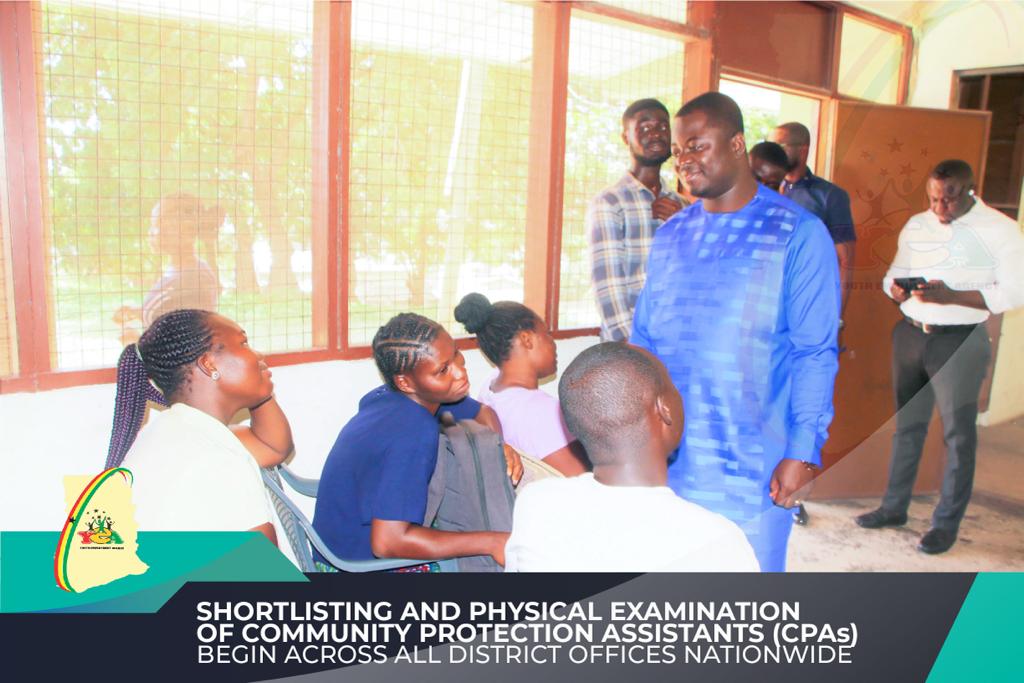
Scores of young men and women who had trooped to the YEA district offices in all regions were seen going through assessment of their heights, visual examination, physical fitness amongst others.
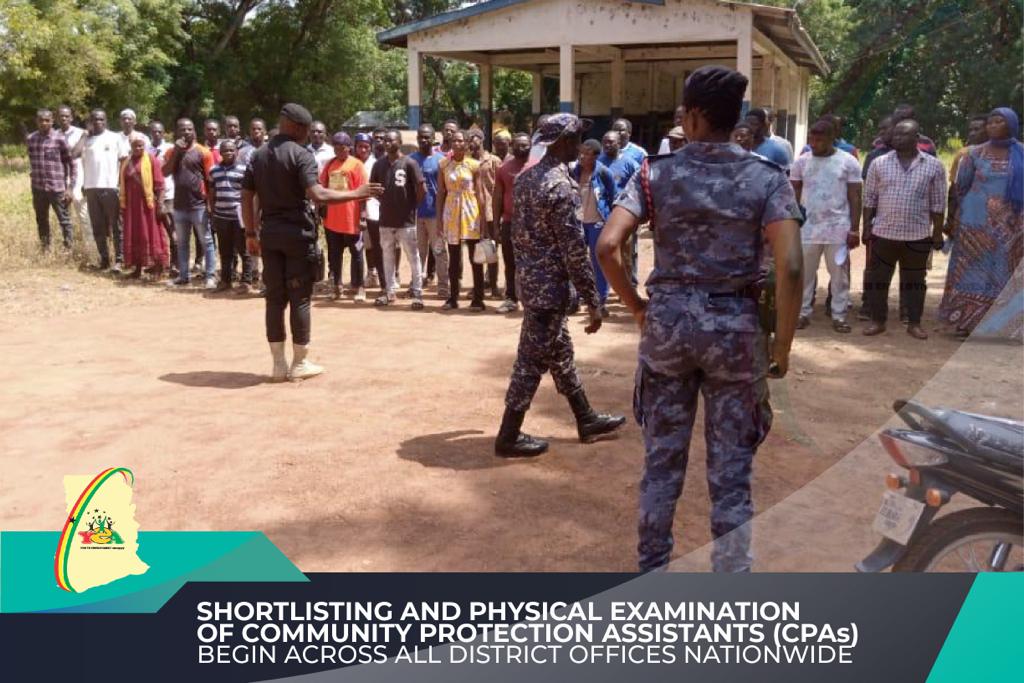
Mr Agyepong, who embarked on a tour of some examination centres together with some members of his management team, said this is an opportune time to be recruited as a beneficiary of the YEA.
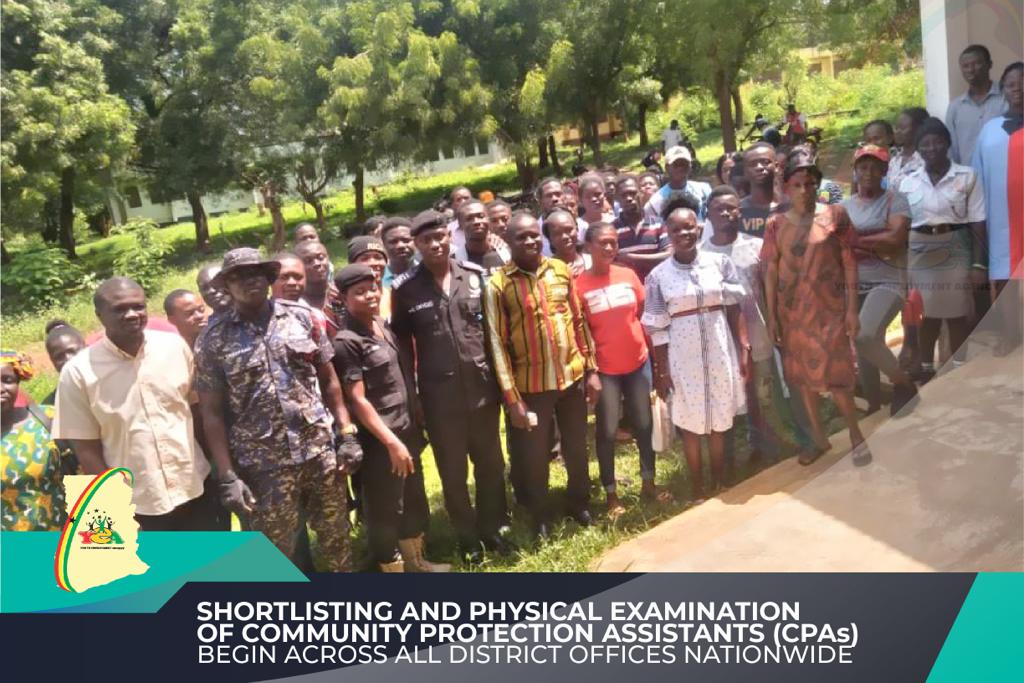
He gave assurance to the beneficiaries of the consistent flow of their stipends at the end of the month, hinting of a possible increase.
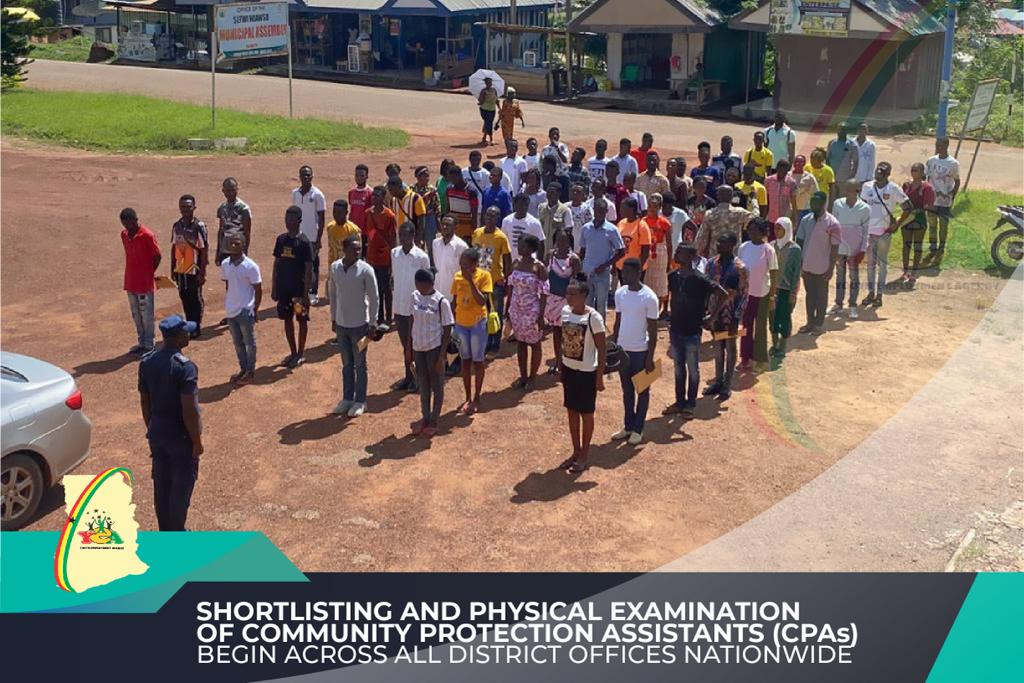
What is more exciting for Mr. Agyepong and to the beneficiaries is his commitment to ensure that most of the beneficiaries with the requisite certification, skills and knowledge will be drafted into the mainstream police service during their enlistment.
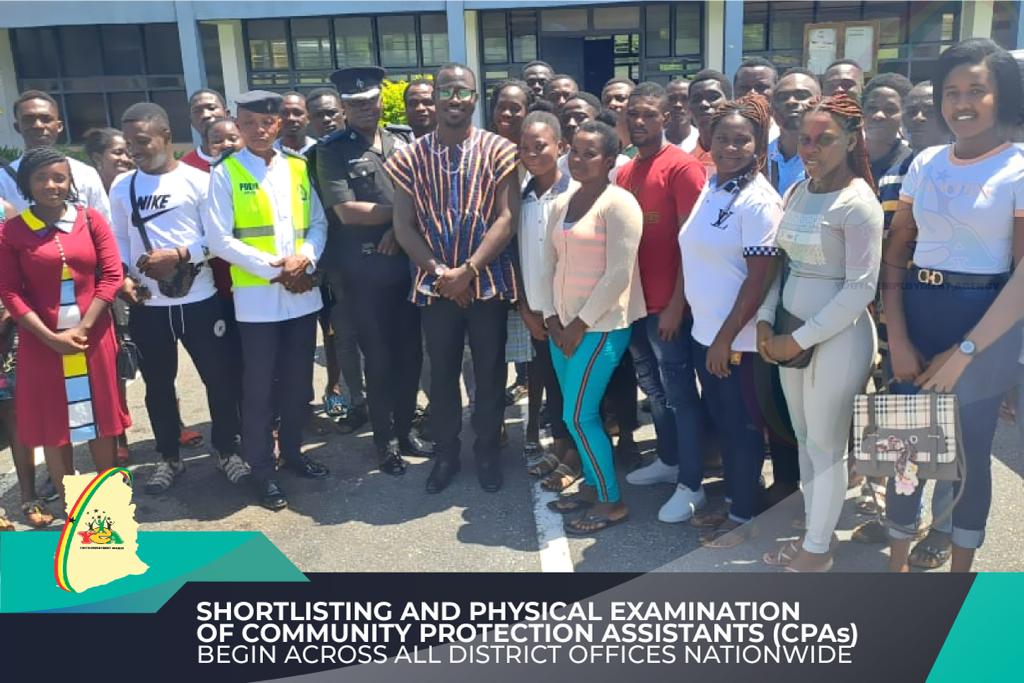
“You are undergoing screening for body selection and physical examinations as part of the eligibility criteria for the recruitment exercise because, this time around we want to ensure that those of you who will perform will be absorbed into the Ghana Police Service as the official quota of the agency,” he told the potential beneficiaries.
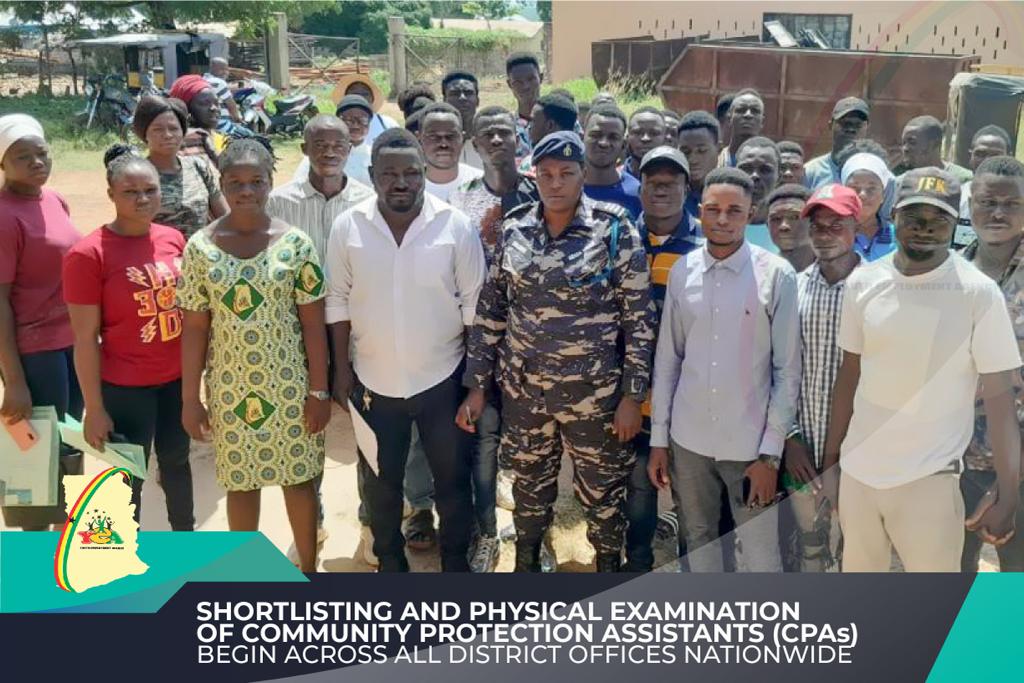
The screening exercise will be followed by a training programme to be rolled out in three phases for the 15,000 successful applicants.



